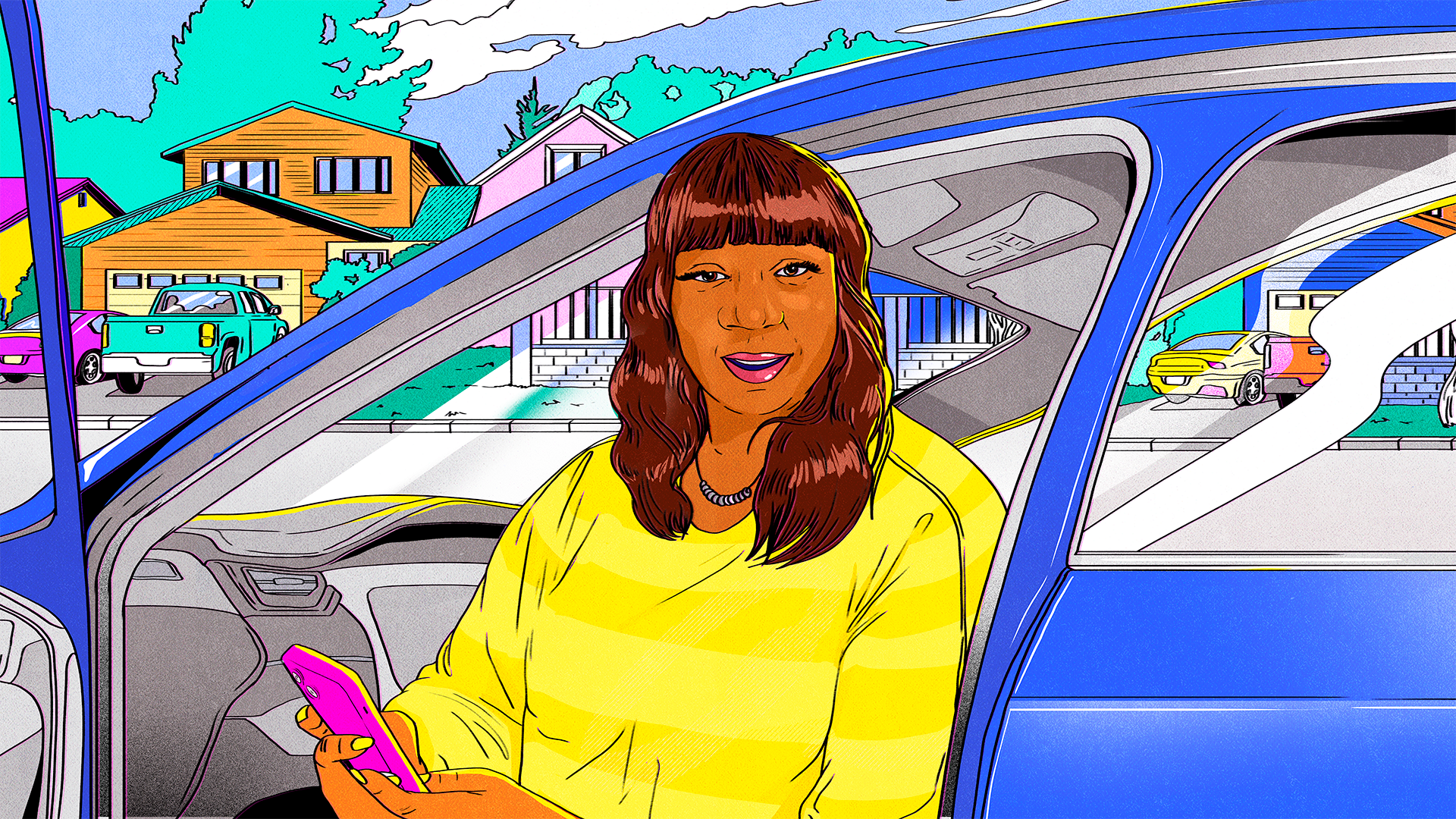
We all know that getting outside and spending time with others helps us feel better. In fact, decades of research shows it’s critical for our mental well-being. Here’s what the science tells us.
Being in nature can boost your mood
Connecting with nature, in particular, can have a host of physical and mental health benefits.
In 2013, researchers in Ohio found that sunshine helps stimulate the production of serotonin — a natural mood booster — in our bodies. Plus, according to a 2019 University of Chicago study, time spent in nature can help improve our cognitive functioning, lower blood pressure and cortisol, and amplify our self-esteem. A 2007 report out of Kyoto University in Japan found that being in forest environments also reduces stress. “The higher the stress level,” the authors note, “the greater the effect.”
Why? Natural settings stimulate our parasympathetic nervous systems (the collection of nerves that calm or relax us), as one licensed professional counselor explained to Smithsonian.
Getting outside not only allows us to decompress, but it also aligns our internal clocks and improves our sleep, according to a study performed in Austria and published in 2023. Sleep itself is strongly correlated to mental wellness: When we’re short on shut-eye, we’re less able to make healthy decisions, control our emotions, or cope with life’s challenges.
Being with others has major health benefits
Last year, the U.S. Surgeon General published an in-depth advisory on the importance of social connection and community. In it, he noted that loneliness “harms both individual and societal health” by increasing people’s risk for cardiovascular disease, dementia, anxiety, and other illnesses — and reducing productivity and trust in others. A University of Toronto study published in 2020 similarly found that those with weaker community bonds had worse general and mental health.
When you leave your house, you’re more likely to interact with other people, whether it’s meeting up with a friend or a short, casual chat with the barista at your neighborhood café. The Centers for Disease Control and Prevention notes that individuals with stronger social connections are more resilient when faced with stress, anxiety, or depression. And expanding your social network can help lead to more creative thinking.
If you need still more reasons to strike up a conversation, look no further than this 2015 paper on the “Power of Social Interactions,” which plainly states that connectedness can add years to your life.
The science is clear: Getting out of our houses is critical for our mental and physical well-being. So this Mental Health Month — and beyond — remember to go for a walk, join a local meetup group, or maybe sign up to volunteer. Your mind and body will thank you for it.


